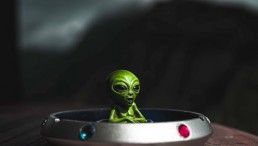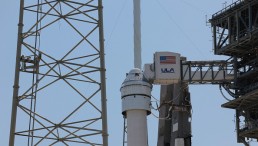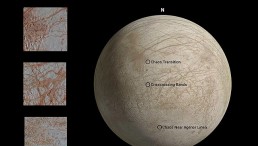Mars

Bat-Like Bot May Soon Fly Its Way Into Space—The New Drone Frontier

Could the Skies of Mars One Day Be Filled with Drones

Beagle 2 Discovered Intact on Mars Surface
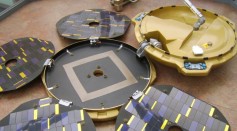
Has NASA Found The Missing Beagle on Mars?
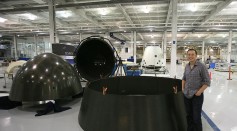
Mars One Headquarters Planned for Seattle

Curiosity Rover Uncovers Potential Fossils on Mars

Coffin Discovery on Mars? Why Mars Rovers' Diminishing Memory May Be A Problem for NASA

NASA's Mars Rover Seems To Be Going A Bit Senile―It Can't Remember A Thing

Orion’s Return: What Re-entry Means for the Industry of Spaceflight
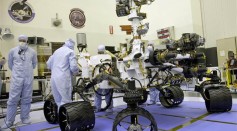
Discovery Sparks Interest—NASA’s Mission to Mars Gets Its Own New Show

Curiosity Rover Gets Its Own Special—Discovery Channel Tonight

Organics on Mars—Could Life Be Sustained on Red Planet?

Could Water Have Changed the Face of Mars, or Is the Habitability Question too Much to Bare?

NASA Finds Mars Craters May Have Once Been Seasonal Lakes
Most Popular

Car-Sized Asteroid Made a Super Close Approach to Planet Earth in Near Miss Flyby

Children Who Use Smartphones During Meals Have Higher Risk for Obesity, Study Reveals

Should You Shower Everyday? Here's What Happens If You Shower Too Much, Too Little

Kaymakli Underground City: A Maze of Tunnels Deep Beneath the Earth Where Ancient Turkish Lived for Centuries

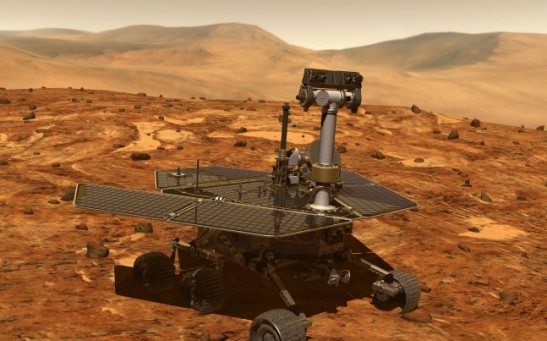
![Mars Faces Three Times More Potentially Hazardous Asteroids Than Earth [Study]](https://1721181113.rsc.cdn77.org/data/thumbs/full/53711/258/146/50/40/mars-faces-three-times-more-potentially-hazardous-asteroids-than-earth-study.jpeg)
